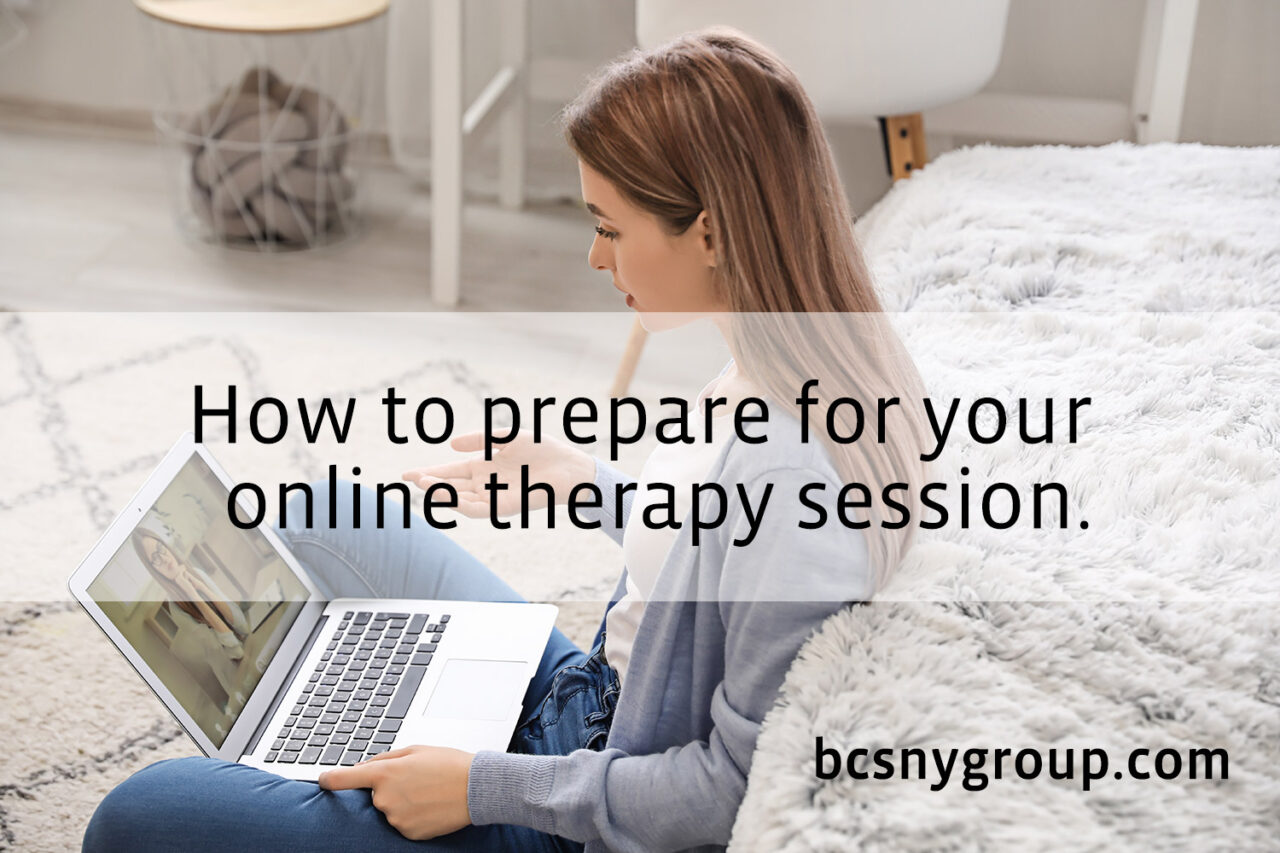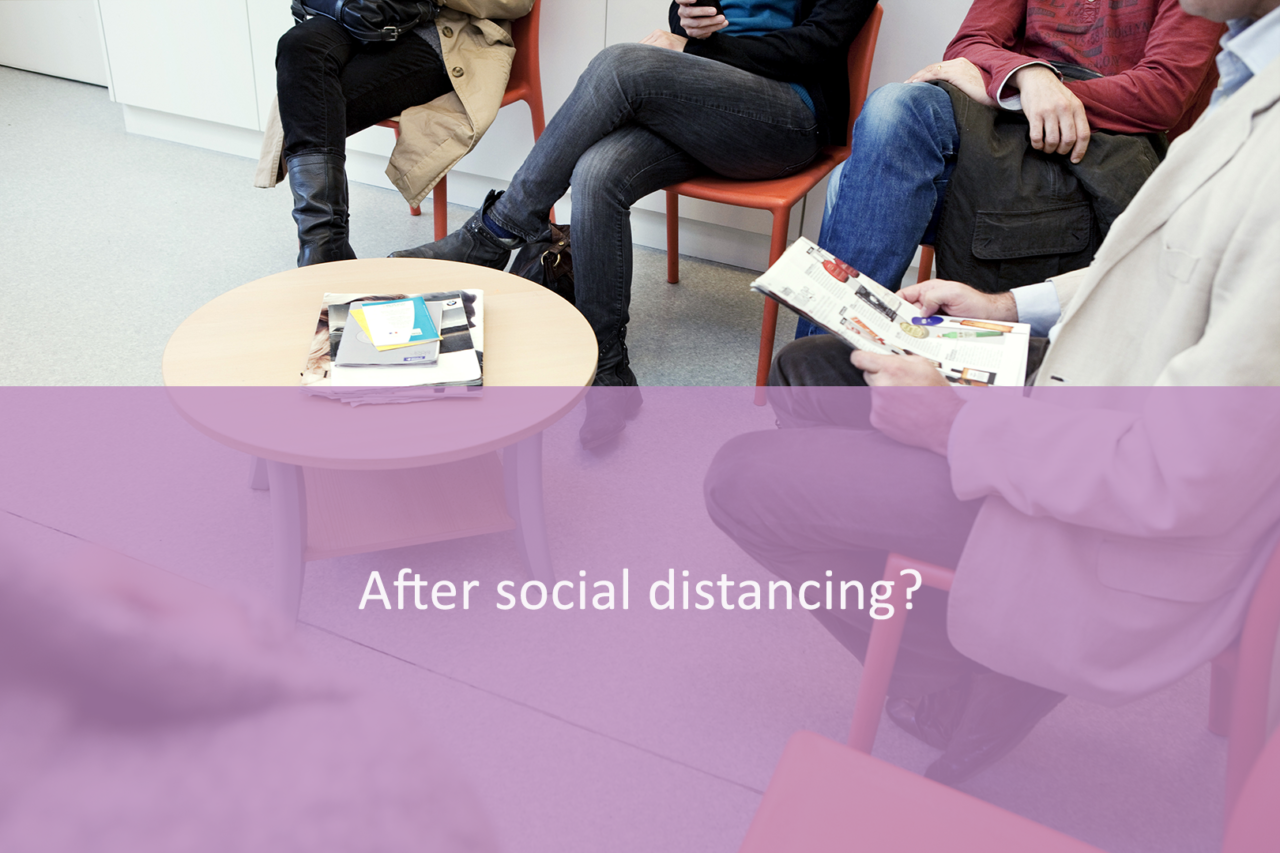Women’s support groups offer numerous benefits, offering a valuable source of support, encouragement, and empowerment for women facing various challenges in their lives.
- Emotional Support: Support groups provide a safe space for women to express their feelings, share experiences, and receive empathy and understanding from others who can relate to their struggles. This can help reduce feelings of isolation and loneliness.
- Validation: Being part of a support group can validate women’s experiences, feelings, and concerns. Feeling understood and validated by others can boost self-esteem and confidence.
- Sharing Knowledge and Information: Women’s support groups often provide opportunities to exchange practical advice, resources, and information about various topics such as health, relationships, parenting, career advancement, and personal development.
- Building Coping Skills: Through interactions with others in similar situations, women can learn effective coping strategies for dealing with challenges and stressors in their lives.
- Empowerment: Support groups can empower women by providing them with a sense of belonging, fostering self-awareness, and encouraging them to take control of their lives and make positive changes.
- Reducing Stigma and Shame: Discussing sensitive issues in a supportive environment can help reduce the stigma and shame often associated with topics such as mental health, addiction, abuse, and other personal struggles.
- Social Connection: Support groups offer opportunities for women to develop meaningful relationships and friendships with others who share similar experiences and interests. These connections can provide a sense of belonging and community.
- Role Modeling and Inspiration: Seeing other women overcome challenges and achieve personal growth within the support group can serve as inspiration and motivation for members to work towards their own goals.
- Accountability: Support groups can provide accountability and encouragement for members to follow through with their goals and commitments, whether it’s related to self-care, personal development, or making positive lifestyle changes.
- Improved Mental Health: Research has shown that participation in support groups can lead to improvements in mental health outcomes such as reduced symptoms of depression, anxiety, and stress.
Please let us know if you would be interested in an Online (live video chat), Women’s Empowerment / Support Group?








